2022 Instructors
Daniel Borzutzky Heading link
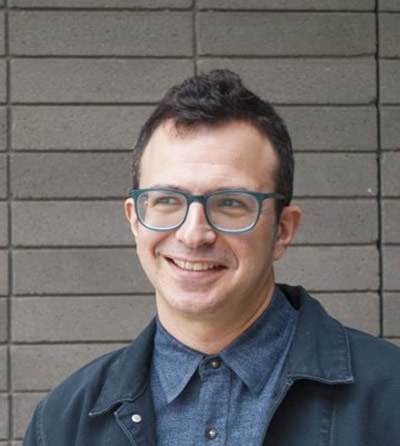
Daniel Borzutzky is an Associate Professor of English and Latin American and Latino Studies at UIC. He is a poet and translator from Spanish. His books include: Written After a Massacre in the Year 2018 (2021); Lake Michigan (2018), a finalist for the Griffin International Poetry Prize; and The Performance of Becoming Human (2016), winner of the National Book Award. His translation of Galo Ghigliotto’s Valdivia (2016), received the National Translation Award. He has also translated books by Raúl Zurita and Jaime Luis Huenún. He teaches courses in creative writing, contemporary literature, and Latinx studies.
Alex E. Chávez Heading link

Artist-scholar-producer, Alex E. Chávez is the Nancy O’Neill Associate Professor of Anthropology at the University of Notre Dame, where he is also a Faculty Fellow of the Institute for Latino Studies. His research explores articulations of Latinx sounds and aurality in relation to race, place-making, and the intimacies that bind lives across physical and cultural borders. He is the author of the multi-award-winning book Sounds of Crossing: Music, Migration, and the Aural Poetics of Huapango Arribeño (Duke University Press, 2017)—recipient of the Alan Merriam Prize from the Society for Ethnomusicology (2018). And in 2016 he produced the Smithsonian Folkways album Serrano de Corázon (Highlander at Heart). He is co-editor of the recently published volume Ethnographic Refusals / Unruly Latinidades, which grows out of an Advanced Seminar he co-chaired at the School for Advanced Research in 2019.
Karen Mary Davalos Heading link
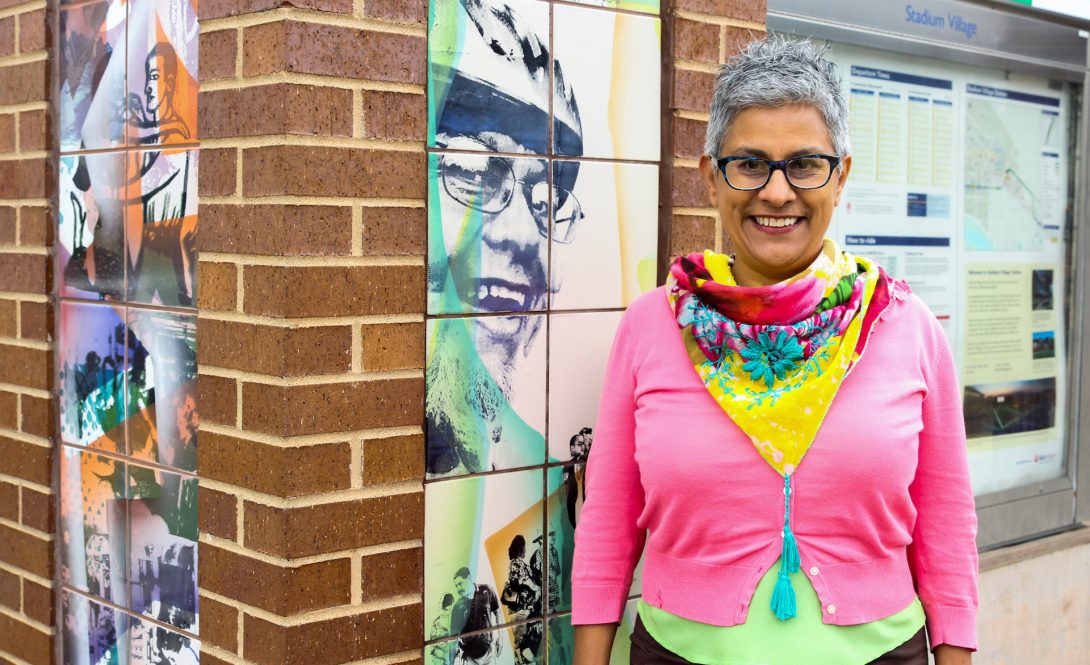
Karen Mary Davalos, Professor of Chicano and Latino Studies at the University of Minnesota, has written extensively about Chicana/o/x art, including the prize-winning book, Yolanda M. López (distributed by UMN Press, 2008), and Chicana/o Remix: Art and Errata Since the Sixties (NYU Press, 2017). With Constance Cortez (UTRGV), she leads Rhizomes: Mexican American Art Since 1848, a multi-component, digital ecosystem which includes an open-source search tool progressively linking art collections and related documents from libraries, archives, and museums. She has served on the Board of Directors of Self Help Graphics & Art since 2012.
Alfonso Gonzales Toribio Heading link
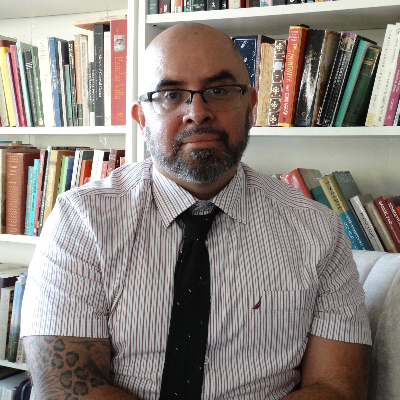
Alfonso Gonzales Toribio is an advanced Associate Professor in theDepartment of Ethnic Studies and has served as the Director of the Latin American Studies Program at the University of California, Riverside since the fall of 2017. Under his leadership, UCR’s Latin American Studies Program has become a more robust center for intellectual life on our campus, sponsoring dozens of lectures and events, and mentoring graduate and undergraduates for diverse careers. He holds a PhD in Political Science (UCLA 2008) and an MA in Latin American Studies (Stanford 2002). His research agenda is firmly at the intersection of Latino and Latin American Studies. It is focused on the politics of migration control and migrant/refugee social movements, capitalism and the prospects of liberal democracy in the United States, Mexico, and Central America. He is also the co-editor of a book series titled Subaltern Latino/a Politics with Oxford University Press.
Esther Díaz Martín Heading link
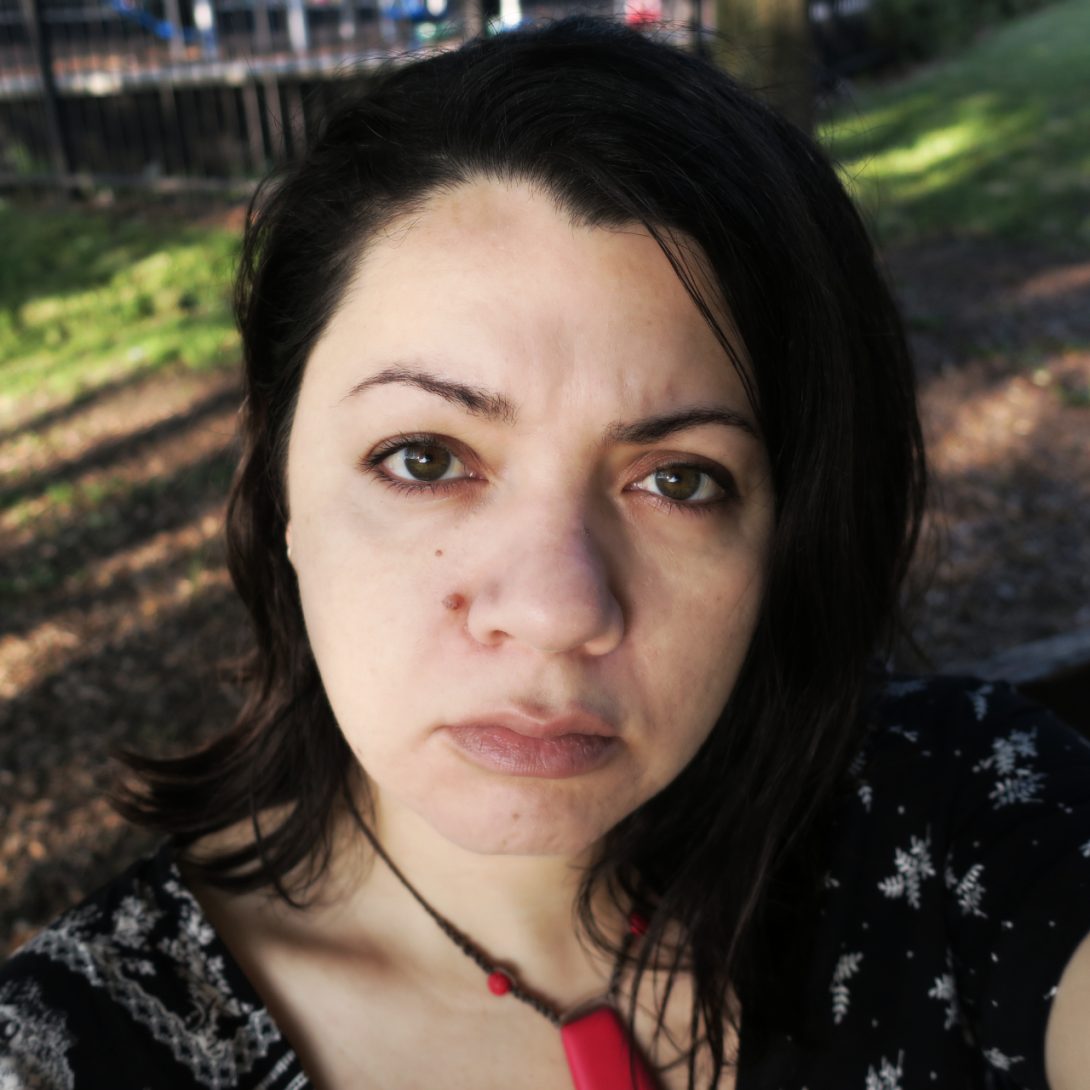
Esther Díaz Martín is Assistant Professor in the Latin American and Latino Studies and Gender and Women’s Studies Programs at the University of Illinois at Chicago. She received a Ph.D. in Iberian and Latin American Languages and Cultures with a graduate portfolio in Mexican American and Latina/o Studies from the University of Texas at Austin with the support of an IUPLR-Mellon dissertation fellowship in 2018. Her research on gender representations and popular feminism in Latinx digital media has been published in Dialógo, Spanish and Portuguese Review, and Chicana/LatinaStudies. She is contributor in Voices from the Ancestors: Xicanx and Latinx Spiritual Expressions and Healing Practices (ed. Medina and Gonzalez, 2019). Her current book project Latina Radiophonic Feminism(s): Sounding Gender Politics into the Digital Age, studies gender politics in contemporary U.S. Spanish-language radio and the stories of women who interrupt the sound of patriarchy in commercial stations by sounding feminism across the U.S. Southwest.
Lawrence La Fountain-Stokes Heading link
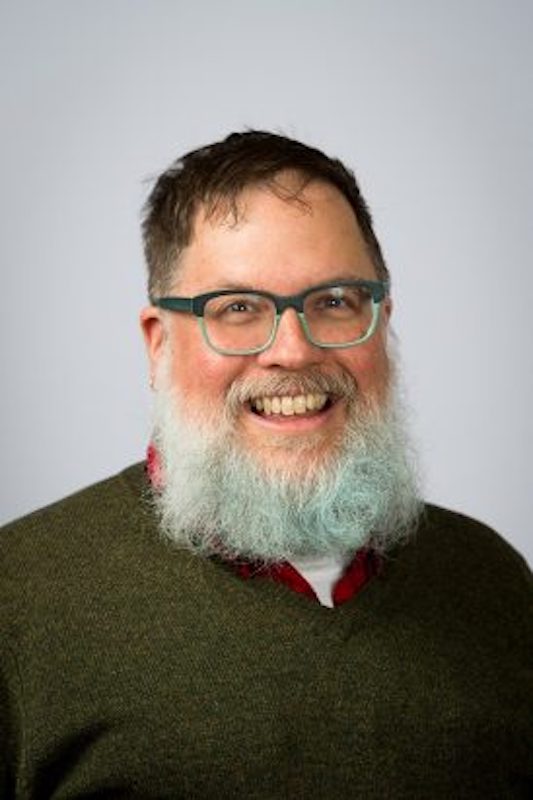
Victoria Stone-Cadena Heading link
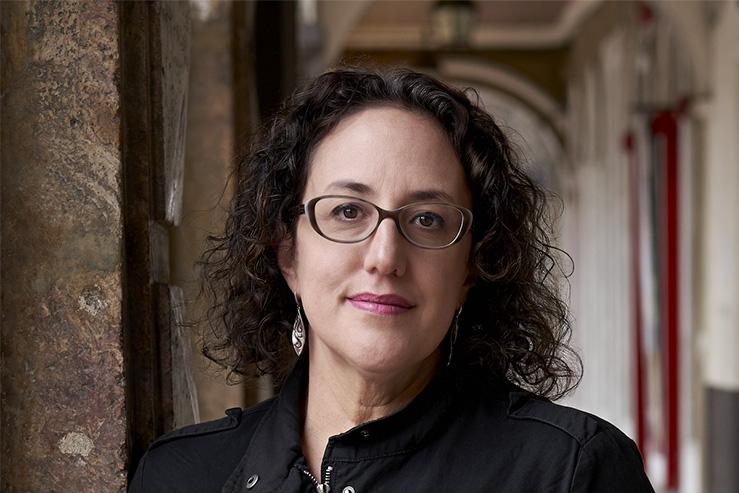
Victoria Stone-Cadena is the Associate Director of the Center for the Study of Race, Indigeneity, and Transnational Migration (RITM) at Yale. She has served as the Associate Director of the Center for Latin American, Caribbean, and Latino Studies at the CUNY Graduate Center, and as an Anthropology faculty member, and Director of Latino Studies, at Saint Peter’s University. A broadly trained socio-cultural anthropologist, she earned her doctorate at the CUNY Graduate Center. With the support of a Fulbright fellowship, she conducted her ethnographic research on transnational indigenous migration in southern highland Ecuador. Her research interests include indigeneity and ethnicity, transnationalism, diaspora, and mobility studies, and the intersections of gender, race, and ethnicity across the Americas. She currently co-chairs the Expert Witness Section of the Latin American Studies Association.
Laura G. Gutiérrez Heading link
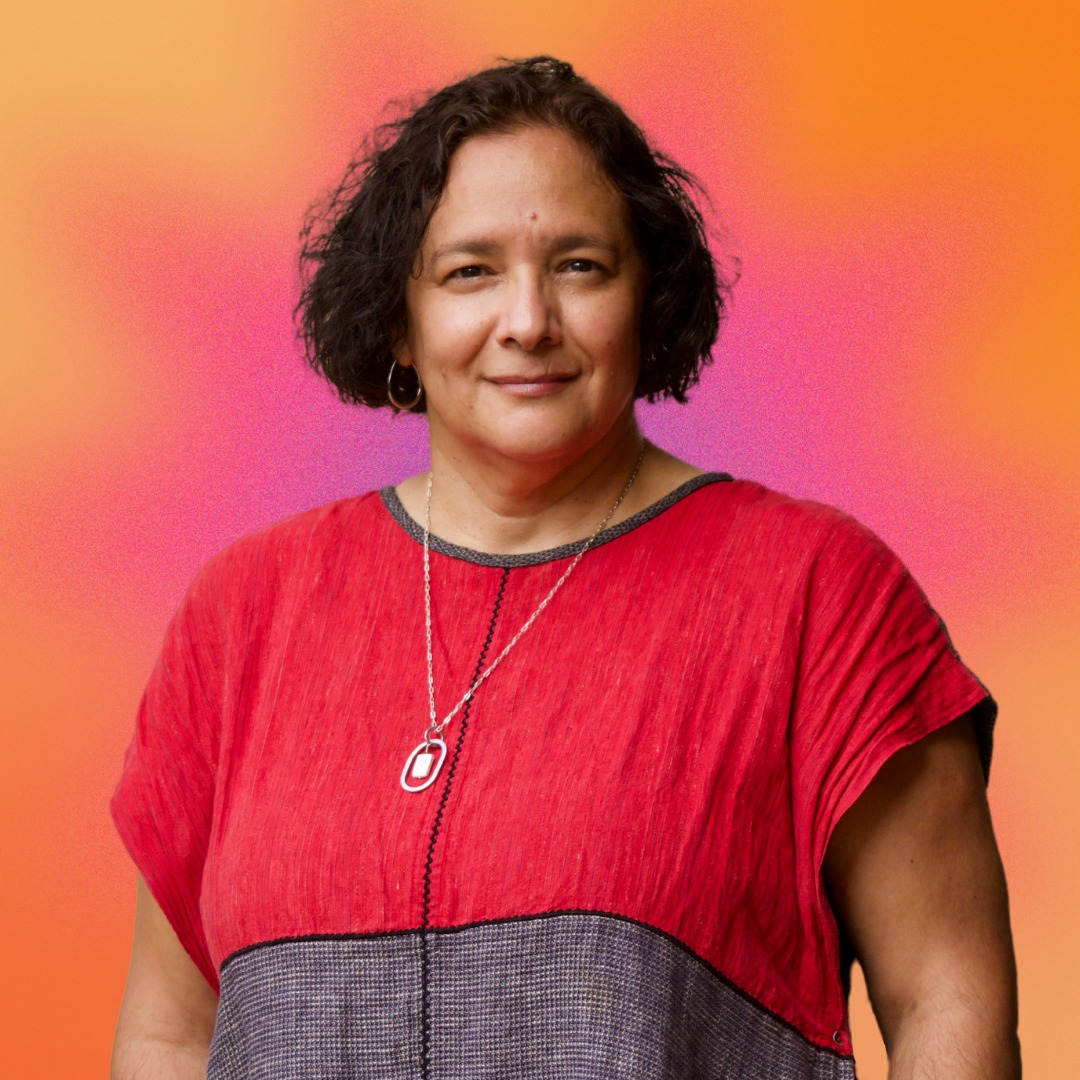
Laura G. Gutiérrez is Associate Professor in the Department of Mexican American and Latina/o Studies at the University of Texas at Austin. Her primary research and teaching areas of interest are Latin American, Mexican and Latina/o embodied practices, gender and sexuality, and questions of nation, modernity, and the transnational. Gutiérrez is the author of Performing Mexicanidad: Vendidas y Cabareteras on the Transnational Stage (University of Texas Press, 2010), which won The Ninth Annual MLA Prize in the category of United States Latina and Latino and Chicana and Chicano Literary and Cultural Studies. She has published essays and book chapters in the Arizona Journal of Hispanic Culture Studies, Transformations, Spectator, Studies in Latin American Popular Culture, Latin American Literary Review, Feminist Media Studies, Global Mexican Cultural Productions, and Velvet Barrios: Popular Culture & Chicana/o Sexualities among others. She is currently working on two book projects on the primary figures of rumbera cinema, tentatively entitled Rumberas in Motion (Pictures): Transnational Movements in the Archive of Mexican ‘Classic’ Cinema, and history of political cabaret culture in Mexico City. Gutierrez received her PhD from the University of Wisconsin-Madison.
Francisco J. Galarte Heading link
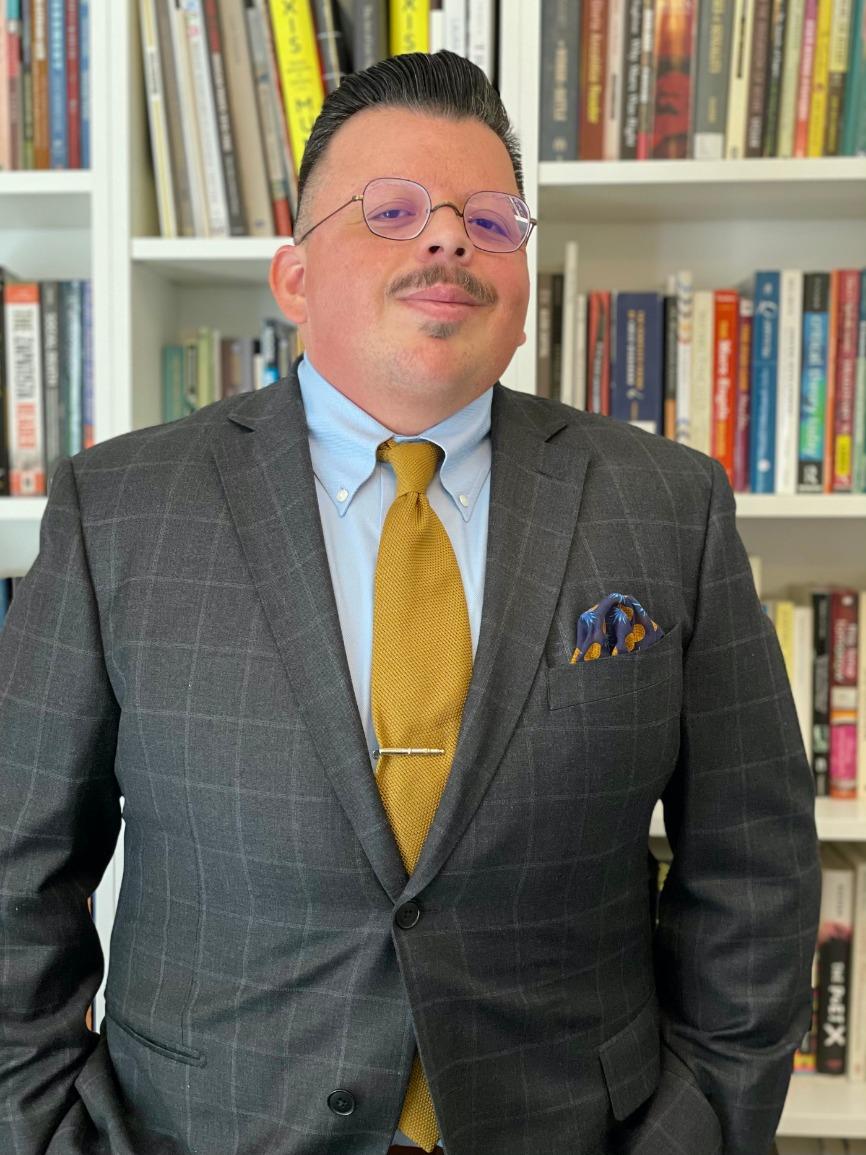
Francisco J. Galarte is an Assistant Professor of American Studies and Women, Gender, and Sexuality Studies at the University of New Mexico where he teaches courses in Chicanx, Latinx, and transgender studies. He was born and raised in Brawley, California located in the Imperial Valley along the US/Mexico Border. He identifies strongly as a transfronterizo, meaning that the borderlands inform his creative and scholarly projects. His most recent articles have appeared in Aztlan: Journal of Chicano Studies, Chicana/Latina Studies Journal, and TSQ: Transgender Studies Quarterly. He holds a Ph.D. in Educational Policy Studies with a minor in Latina and Latino Studies from the University of Illinois, Urbana Champaign. Before joining UNM, he was an assistant professor of Gender and Women’s Studies at the University of Arizona and member of the Transgender Studies Research Cluster (TSRC). He is the author of Brown Trans Figurations: Rethinking Race, Gender and Sexuality in Chicanx/Latinx Studies (University of Texas Press, 2021).
Arnaldo Cruz-Malavé Heading link
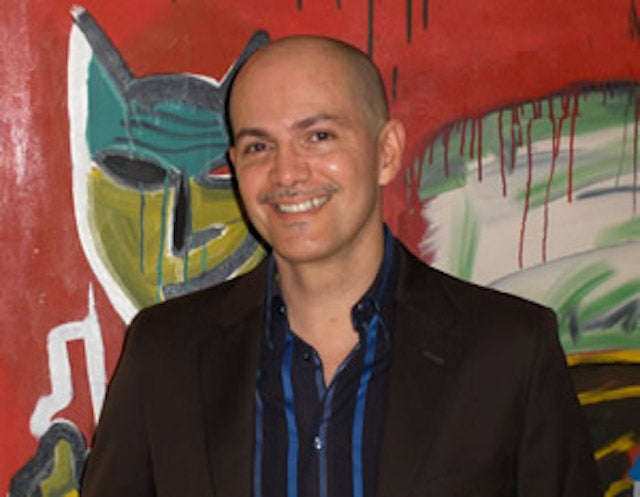
Arnaldo Cruz-Malavé is a Professor of Spanish and Comparative Literature and Director of the Latin American and Latino Studies Institute at Fordham University. His research interests include contemporary Hispanic Caribbean Transitions, Queer diasporas, New York in Latino Literature and Film, and Urban Latino Culture. He holds a Ph.D. from Stanford University. He is the author of books and essays on Hispanic Caribbean and Latinx literatures, queer studies, literature and culture in New York, and the works of the neobaroque writer José Lezama Lima.
Steven Osuna Heading link
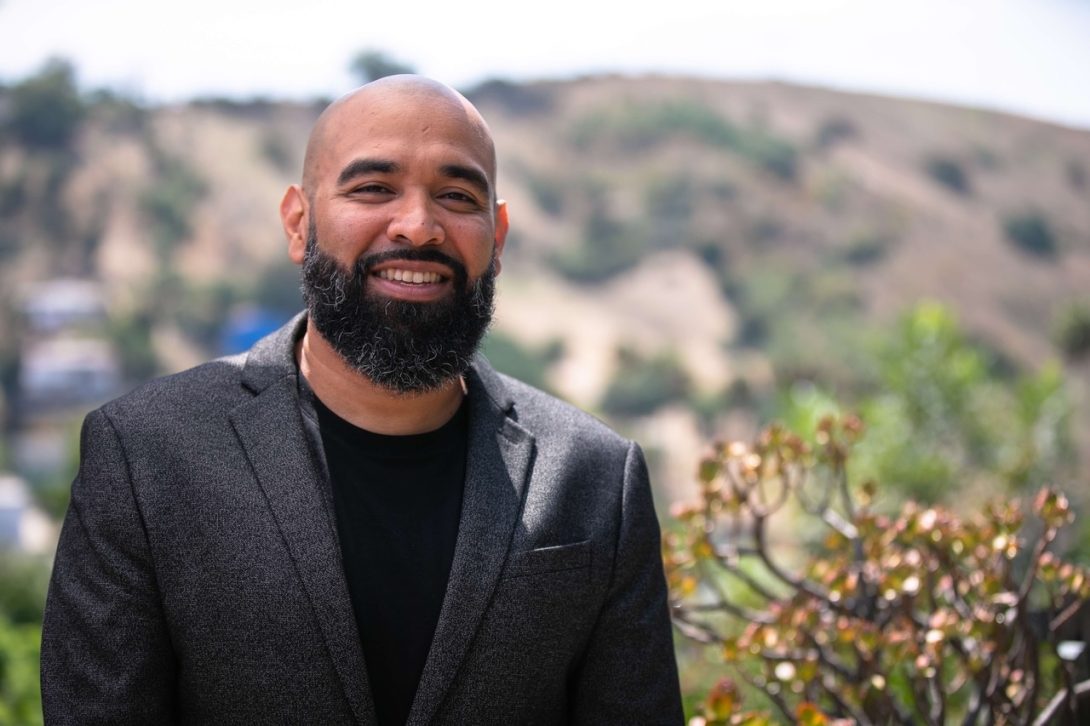
Steven Osuna is an Associate Professor of Sociology at California State University, Long Beach. His research interests include racism and political economy; globalization and immigration, policing and criminalization; and social theory. Steven was born and raised in Echo Park, Los Angeles and is a son of Mexican and Salvadoran working-class migrants. He is a member of the Board of Directors of Homies Unidos-Los Angeles and a member of the Philippines US Solidarity Organization (PUSO). He holds a PhD in Sociology with an emphasis on Black Studies from the University of California, Santa Barbara.
Ben V. Olguín Heading link

Ben V. Olguín is the Robert and Liisa Erickson Presidential Chair in English, and the Director of the Global Latinidades Project, in the English Department at the University of California, Santa Barbara. He received his Ph.D. from Stanford University, and has held Ford Postdoctoral and National Endowment for the Humanities Faculty Research Fellowships. He has served on the faculty in the English departments at Cornell University and the University of Texas at San Antonio, with visiting appointments in the Center for Mexican American Studies at the University of Texas at Austin. Olguín’s interdisciplinary areas of expertise include Chicanx and Latinx Literary and Cultural Studies, Critical Race and Ethnic Studies, American and Latin American Studies, Postcolonial Studies, Speculative literature and film, Human Rights theory and praxis, Marxist and materialist theories, Medical Humanities, and Creative Writing. His research, writing, teaching, and service activities explore the complex relationships between vernacular culture and performances of power and counter-power in local, transnational, cross-border, and hemispheric venues. He pursues this inquiry through interdisciplinary diachronic studies of institutions and contexts, where intersecting and often conflicting cultures, identities, and ideologies are negotiated through literature, performance, and visual expression.
Sandy Plácido Heading link
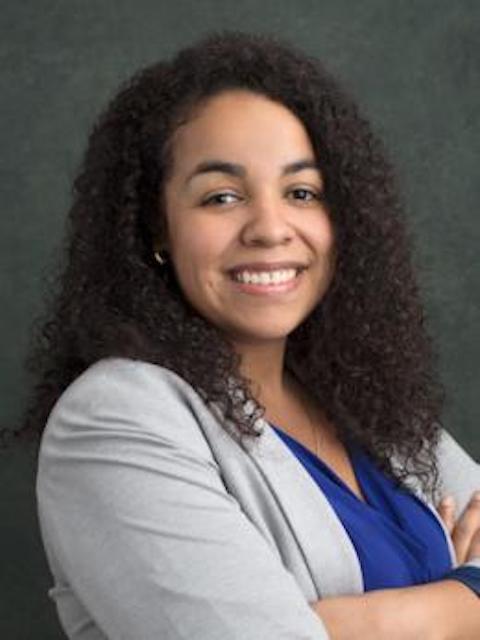
Sandy Plácido is the inaugural CUNY DSI/Queens College Dominican Studies Scholar at the CUNY Dominican Studies Institute, and an assistant professor in the History Department at Queens College, City University of New York. She received her Ph.D. from the American Studies Program at Harvard University. Dr. Plácido is a historian whose work focuses on women, the Hispanophone Caribbean, the United States, and anti-imperialism in the nineteenth and twentieth centuries. Dr. Plácido is working on two books: a co-authored volume with Drs. Ramona Hernández and Diógenes Céspedes that focuses on women who fundamentally shaped Dominican society from the early 1800s to the present; and a sole-authored manuscript that centers the life of Ana Livia Cordero, a Puerto Rican physician who forged connections between anti-imperialist movements across the Third World. Dr. Plácido worked to preserve Ana Livia Cordero’s archival collection at The Arthur and Elizabeth Schlesinger Library on the History of Women in America, located at the Radcliffe Institute for Advanced Study at Harvard University. Dr. Plácido has published peer-reviewed chapters, essays, book reviews, and encyclopedic entries in Gender: Love, Feminist Formations, American National Biography, The Washington Post, Latinx Talk, Black Perspectives, Global African Worker, and La Galería Magazine, and she has previously received support for her research from the Ford and Mellon Foundations.
Lourdes Gutierrez Najera Heading link
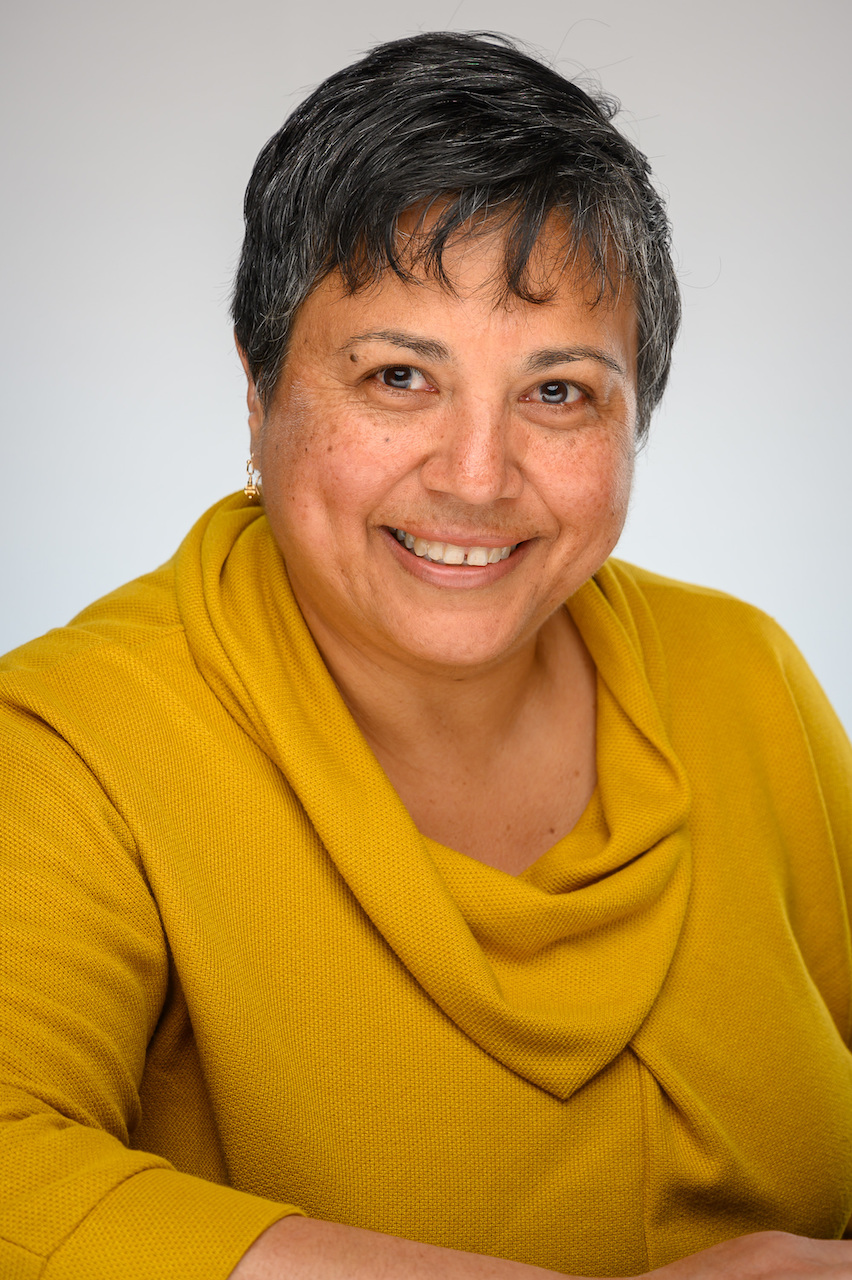
Dr. Gabriela Spears-Rico Heading link
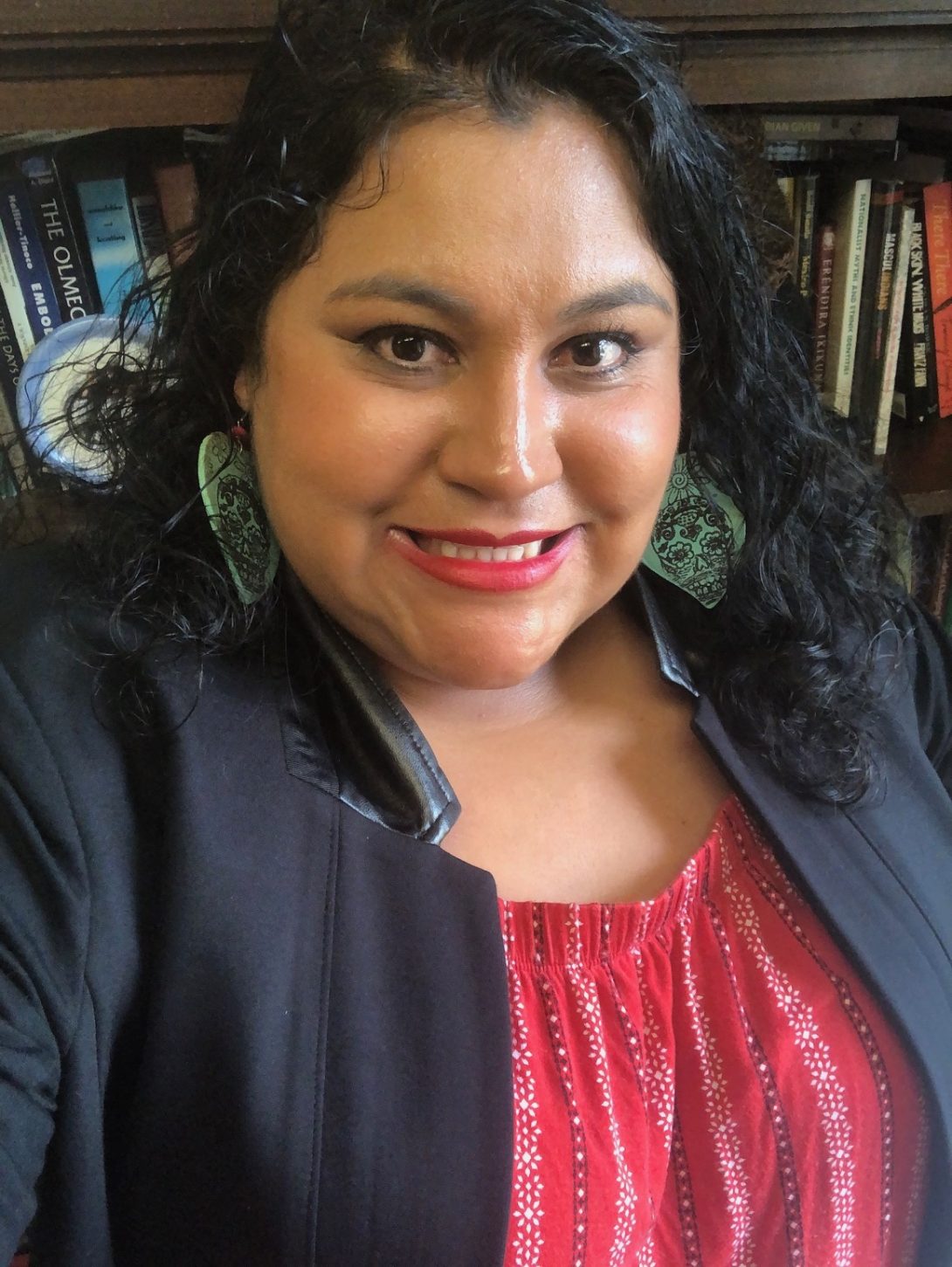
Dr. Gabriela Spears-Rico is a cultural anthropologist and an Assistant Professor of Chicano Latino Studies with a joint appointment in American Indian Studies at the University of Minnesota. A Pirinda- P’urhepecha scholar and poet, Dr. Spears-Rico’s BA is from Stanford University and her PhD in Comparative Ethnic Studies from U.C. Berkeley. Her work examines manifestations of consumption and cultural appropriation in touristic transactions between mestizos and Indigenous people in Mexico. Her primary investment is in unraveling how the trauma of rape from the Spanish Conquest informs the mestiza/o desire to tour and inhabit indigenous communities. She is currently working on Mestiza/o Melancholia and the Legacy of Rape and Conquest in Michoacán, a book that explores how gendered violence has framed the racialization of Indigenous people and the manufacturing of mestizaje in Mexico. She authored “Decolonial P’urhepecha Maternalista Motherwork as Pedagogy,” in The Chicana Motherwork Anthology and “In the Time of War and Hashtags: Rehumanizing Indigeneity in the Digital Landscape” in Indigenous Interfaces, both published in 2019 by the University of Arizona Press. Dr. Spears-Rico is also a cultural worker and poet. Her poetry has been published in various anthologies including; Sing: Poetry from the Indigenous Americas (University of Arizona Press, 2011), Love Rise Up: poems of social justice, protest, and hope (Benu Press, 2012) and will also be in the forthcoming Critical Latinx Indigeneities anthology. Locally, her creative work has been featured at Intermedia Arts, the Loft Literary Center, the Ordway Theater, and the Minneapolis Institute of the Arts.
Paul Joseph López Oro Heading link
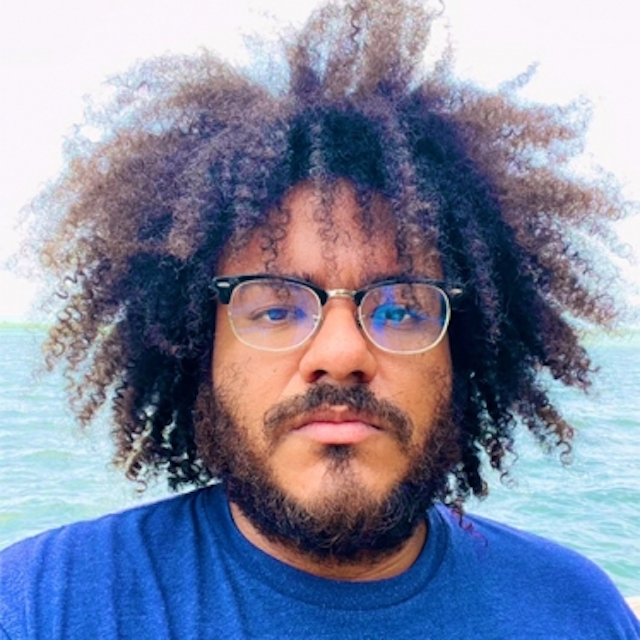
Paul Joseph López Oro is an Assistant Professor of Africana Studies at Smith College. He teaches courses on Black Latin American and U.S. Black Latinx social movements, Black diaspora theories and ethnographies, and Black feminisms/queer theory. His research interests include Black politics in Latin America, the Caribbean and U.S. AfroLatinidades, Black Latinx LGBTQ movements and performances, and Black transnationalism. He is working on his first book manuscript, Hemispheric Black Indigeneity: The Queer Politics of Self-Making Garifuna New York, is a transdisciplinary study analyzing oral histories, performances, social media, film, literary texts, and visual cultures to unearth the political, intellectual, cultural, and spiritual genealogies of Garifuna women and subaltern geographies of Garifuna LGBTQ+ folks at the forefront of Garifuna transnational movements in New York City. Hemispheric Black Indigeneity offers new ways to approach questions on the multiple ways in which Garifuna New Yorkers of Central American descent queerly negotiate, perform, contradict, and articulate their Black, Indigenous and Latinx subjectivities. López Oro received his doctorate in African and African diaspora studies from the University of Texas at Austin, his master’s degree in African American studies from Northwestern University, his master’s degree in Latin American studies from the University of New Mexico and his bachelor’s degree in history from St. John’s University. He has taught Black studies and Latinx studies courses at The University of Texas at Austin; Hunter College, The City University of New York; University of Virginia; and John Jay College of Criminal Justice, The City University of New York.
Jaime Garza Heading link

Jaime Garza is a musician, producer, and cultural promoter in Chicago. In the past few years his band Dos Santos has toured the US extensively performing in festivals, breweries, independent spaces, and venues. Mr. Garza is also part of Pachanka Music Culture that has produced, co-produced and organized festivals, events and concerts booking local, national, and international acts. His unique experience comes from performing and booking independent Latino artists ranging from roots, folk, and rock to electronic and modern music. His current musical performance projects include: La Mata, Ida y Vuelta, Dos Santos & Almafuerte. For over 20 years he has participated with many bands including Son del Viento, Azul de Noche, Escándalo Social, Mitote, Enemigos de Pakita, Bajos Recursos, and Benjamín Anaya & Los Extraños Unidos. He has also sat in with bands: Yolotecuani (México), Chota Madre (NY), Alfonso Maya (Mexico), Zenen Zeferino (Mexico), Andres Flores† (México), Olmeca (California), Crudos Tribal, Esso!, Disk Eterno, and with the Grammy nominees Sones de Mexico and Los Cojolites.
Carlos Frésquez Heading link
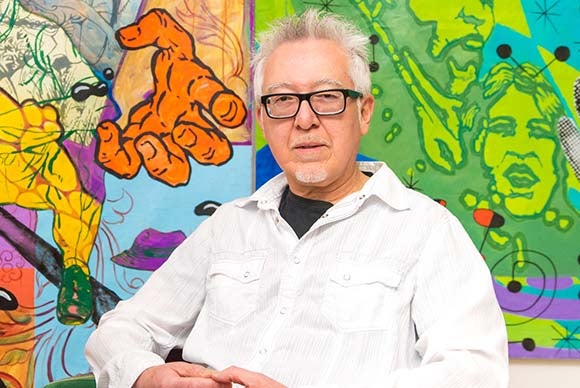
Carlos Frésquez was born and raised in Denver, Colorado where he still resides. He received a BA from Metropolitan State College in 1980 and an MFA from the University of Colorado, Boulder in 1995. He is a full Professor at Metropolitan State University of Denver and Area Coordinator of Painting. He has exhibited in widely in the U.S. and internationally in China, Spain, Chile, Brazil, Czech Republic, and Russia. His art has been included in many traveling exhibitions, including Arte Caliente (2005-2007); The Colorado Artist Fellowship Awards Exhibition (1997); The Chicano Codices: Encountering Art of the Americas (1992-1994); Rasquachismo: Chicano Aesthetics (1988-1989); and the groundbreaking exhibition CARA – Chicano Art: Resistance and Affirmation (1990-1993). His work is in the permanent collections of The Albuquerque Museum of Art; The Millicent Rogers Museum in Taos, NM; The Nelson Museum of Fine Art in Tempe AZ; The Fort Wayne Museum of Art; El Museo del Barrio, and the National Museum of Mexican Art in Chicago, IL.
Diana Solís Heading link
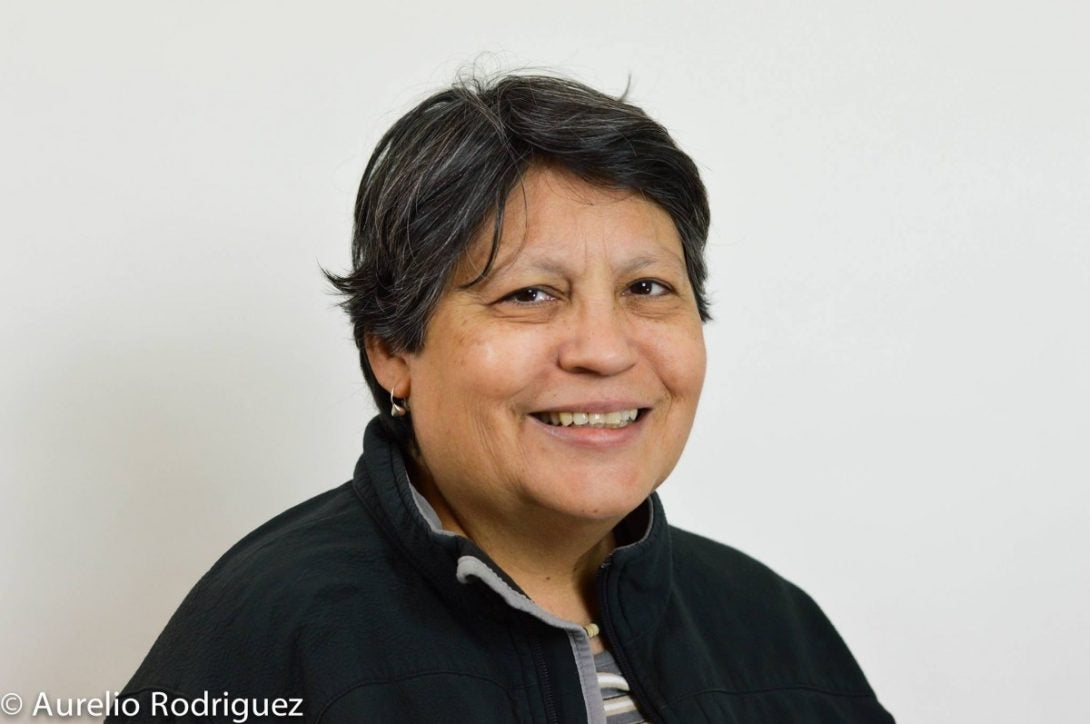
Diana Solís is a visual artist and art educator who received her Bachelor of Fine Arts from the University of Illinois at Chicago. Diana works as a teaching artist for Urban Gateways and has taught for over 30 years with many art programs and community art partnerships in Chicago, including the National Museum of Mexican Art, the Museum of Contemporary Art, El Elevarte Art Studio in Pilsen, Chicago Arts Partnerships in Education, Gallery 37, and the former Jane Addams Center-Hull House on North Broadway. For the last five years she has been a teaching artist with Changing Worlds; four of those years she has worked as artist-in-residence at Calmeca Fine Arts Academy where she teaches painting, drawing, illustration, and 3D sculptural installation. Her work has been exhibited widely throughout Chicago and at different universities, museums, and galleries including the National Hispanic Center in Albuquerque, New Mexico, and internationally in Barcelona, Berlin, and Mexico City.
V. Maldonado Heading link
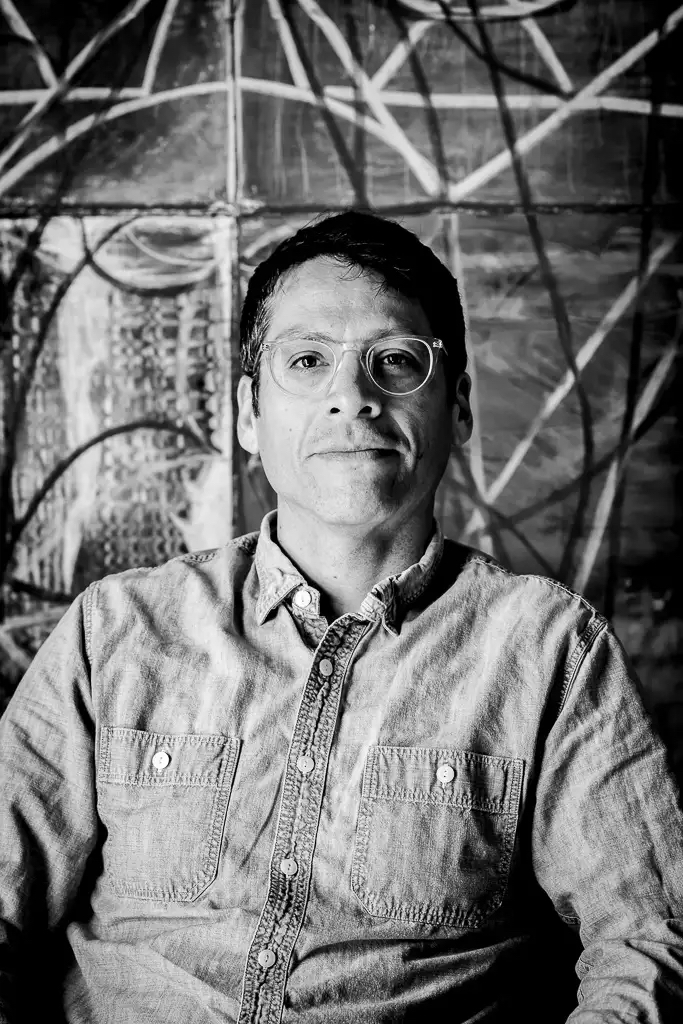
V. Maldonado is a multidisciplinary artist, freelance curator, and writer who lives and works in Portland, OR. Born in 1976 in Changuitirio, Michoacan, Mexico, Maldonado grew up in the Central San Joaquin Valley of California in a family of migrant field laborers. They received their BFA in Painting and Drawing from the California College of Art (2000), their MFA in Painting and Drawing from the School of the Art Institute in Chicago (2005), and is exclusively represented by Froelick Gallery in Portland OR. Maldonado’s work is included in the permanent collections of the Portland Art Museum, the Jordan Schnitzer Museum of Art at the University of Oregon, the Tacoma Art Museum, Tacoma, WA, the Museum of Fine Art, Houston, TX and the Hallie Ford Museum of Art, Salem, OR. Deploying both traditional media including painting, printmaking and drawing alongside contemporary strategies such as performance, installation and intervention, Maldonado expresses the power of identity to author experience and perception.
Bibiana Suárez Heading link

Bibiana Suárez is currently a Professor of Art and Vincent de Paul Professor in the Department of Art, Media, and Design at DePaul University in Chicago. Born and raised in Puerto Rico, she has resided in Chicago since 1980. She holds a BFA (1984) and an MFA (1989) in painting and drawing from the School of the Art Institute of Chicago. Among Suárez’s solo exhibitions are De:Lata (What Gives Us Away) at the National Museum of Puerto Rican Arts and Culture (2022); Memoria(Memory) at the Hyde Park Art Center, Chicago (2011-2012); Domino/Dominó at El Museo del Barrio (1998) and the Illinois Arts Gallery (1999); De Pico a Pico (Beak to Beak – Face to Face) at Sazama Gallery, Chicago (1993); Island Adrift: The Puerto Rican Identity in Exile at Taller Puertorriqueño in Philadelphia (1993); In Search of an Island also at Sazama Gallery (1991) and A Grafito at the Art Students league in San Juan, Puerto Rico (1985) as well as many group exhibitions. Suárez has been the recipient of three Illinois Arts Council Individual Visual Artist Fellowship Awards (1991, 1994, 1999), an Arts Midwest/NEA Regional Visual Arts Fellowship (1992), was the inaugural recipient of the Center for the Study of Race, Politics and Culture’s (University of Chicago) Artist in Residence Fellowship in 2003-2004. Most recently, Suárez was a faculty fellow at the Center for Latino Research (DePaul University, autumn 2011) and an artist in residency at the Ragdale Foundation (Lake Forest, IL, November –December 2014).